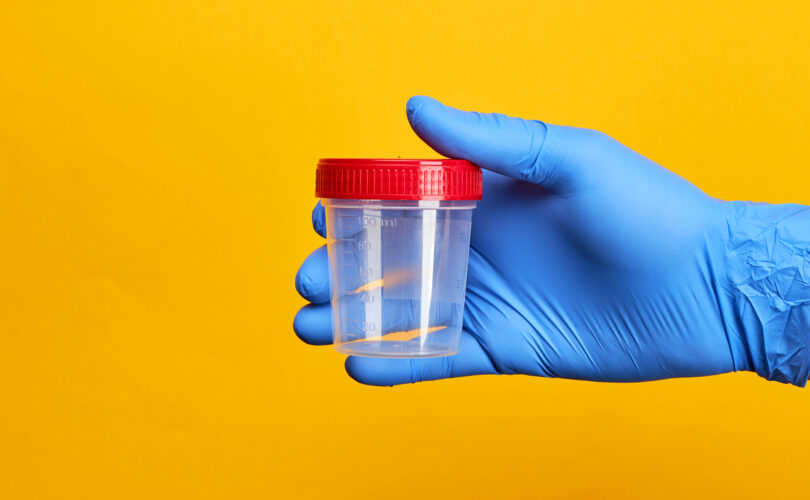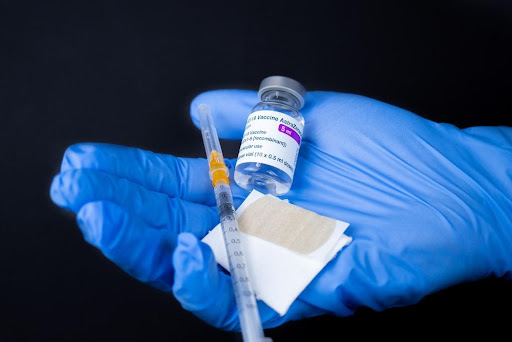Blood tests are normal clinical trials. You might have a blood test as a component of a routine actual assessment or in light of the fact that you have specific side effects.
There are a wide range of blood tests. A few tests center around your blood cells and platelets. Some assess substances in your blood like electrolytes, proteins and chemicals. Others measure specific minerals in your blood.
Despite why you’re having a blood test, it’s memorable’s critical that blood tests assist healthcare suppliers with diagnosing health issues. Yet, blood test results aren’t analyze. A strange blood test result may not mean you have a serious ailment.
Blood tests, otherwise called blood work or blood screenings, are clinical trials that include the investigation of a blood test to survey different parts of an individual’s health. These tests give significant data to healthcare experts, supporting the determination, observing, and the board of different ailments. Blood tests can uncover data about an individual’s general health, organ capability, and explicit ailments.
Here are a few normal kinds of blood tests and what they can survey:
Complete Blood Count (CBC): A CBC estimates the quantity of various kinds of blood cells, including red blood cells, white blood cells, and platelets. It can assist with diagnosing conditions like pallor, disease, and blood issues.

Blood Science Board: This board incorporates tests like the Fundamental Metabolic Board (BMP) and Far reaching Metabolic Board (CMP). It evaluates different substances in the blood, like glucose, electrolytes, and kidney and liver capability markers.
Lipid Profile: This test estimates cholesterol levels, including LDL (low-thickness lipoprotein) and HDL (high-thickness lipoprotein), to survey cardiovascular health.
Thyroid Capability Tests: These tests assess the working of the thyroid organ by estimating thyroid chemicals (T3 and T4) and thyroid-animating chemical (TSH).
Coagulation Review: These tests evaluate the blood’s capacity to cluster, which is significant for forestalling inordinate draining or thickening problems.
Blood Sugar Tests: These incorporate tests like fasting blood sugar and hemoglobin A1c to screen glucose levels, which is significant for diagnosing and overseeing diabetes.
Serology Tests: Serology tests recognize explicit antibodies in the blood, frequently used to analyze irresistible illnesses like HIV, hepatitis, and Coronavirus.
Nutrient and Mineral Levels: Blood tests can actually take a look at levels of nutrients and minerals, like vitamin D, vitamin B12, and iron, to identify lacks or overabundance.
Sensitivity Testing: Blood tests can distinguish allergen-explicit antibodies (IgE) to analyze sensitivities and responsive qualities.
Malignant growth Markers: Some blood tests, similar to the public service announcement test for prostate disease or CA-125 for ovarian disease, help screen for or screen specific tumors.
Blood tests are generally acted in a clinical research facility or emergency clinic setting. The strategy ordinarily includes drawing a blood test from a vein in the arm utilizing a needle. The blood test is then shipped off a lab for examination, and the outcomes are imparted to the healthcare supplier, who deciphers them with regards to the patient’s clinical history and side effects.
It’s essential to take note of that the particular blood tests required rely upon a singular’s health concerns and the data that their healthcare supplier is looking for. Blood tests can be an imperative device in early illness location, continuous health observing, and treatment assessment.






